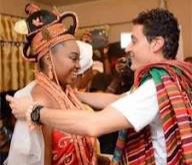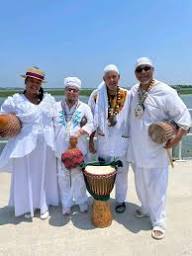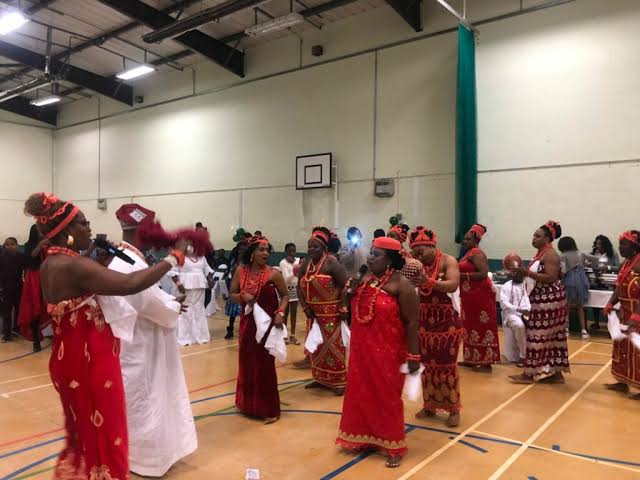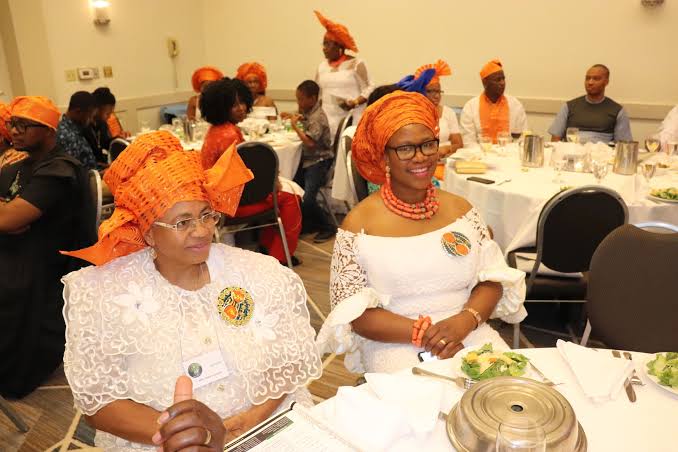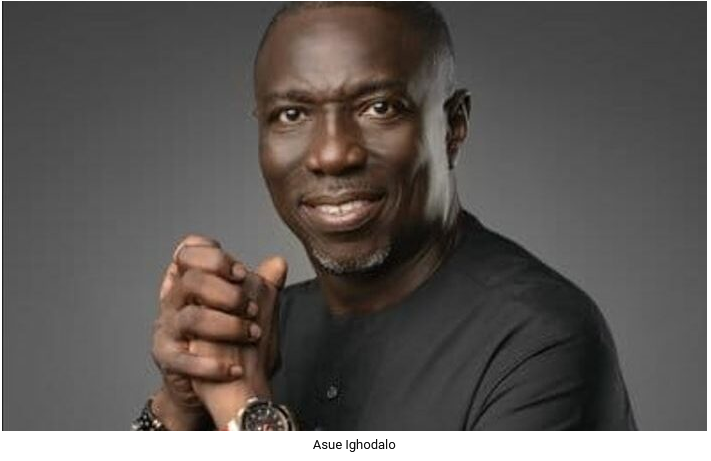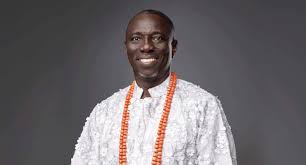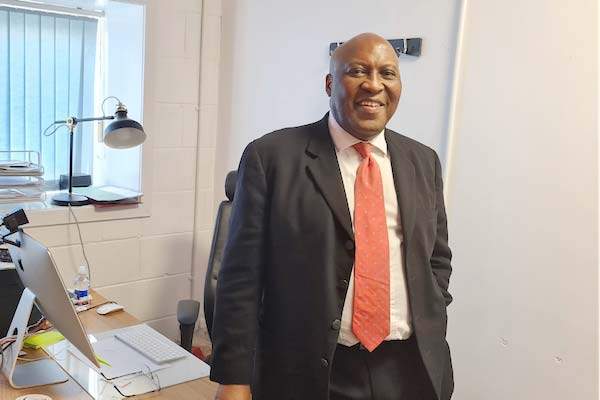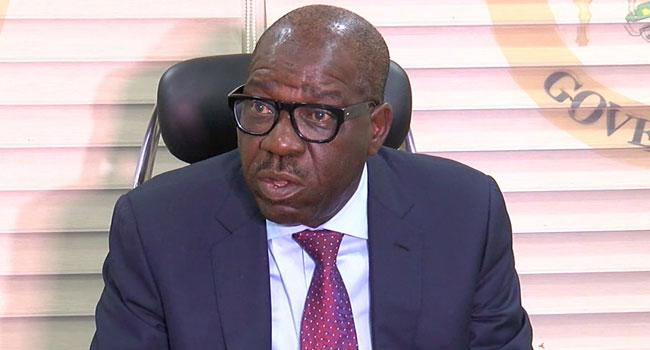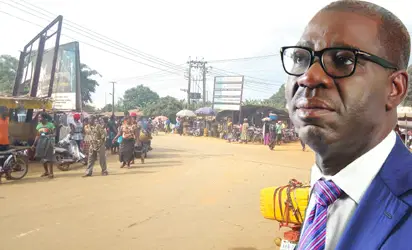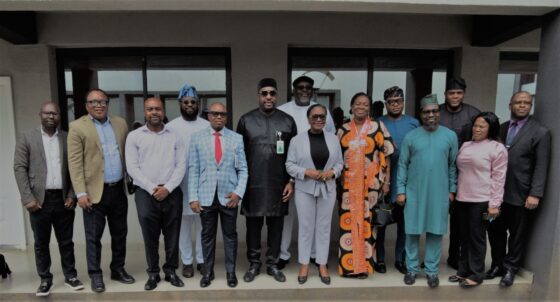Edo Diaspora

Description
The Edo Diaspora encompasses the communities of Edo people who have migrated from their ancestral homeland in Edo State, Nigeria, to various parts of the world, including Europe, North America, and other regions. The Edo people, known for their rich cultural heritage and historical significance, have carried their traditions, customs, and social structures with them, adapting to new environments while striving to maintain a strong connection to their roots.
Migration Patterns
The Edo Diaspora has grown significantly over the past few decades, with migration driven by factors such as education, economic opportunities, political instability, and the search for better living conditions. The earliest waves of migration occurred during the colonial period when some Edo people went abroad for education or as part of the colonial workforce. Post-independence, the search for higher education and professional opportunities in countries like the United Kingdom, the United States, and Canada became a primary driver of migration.
Cultural Preservation
Edo people in the diaspora have actively sought to preserve their cultural identity. This effort is most evident in the formation of cultural organizations and associations that bring together Edo people in various countries. These groups, such as the Edo National Association Worldwide (ENAW), play a crucial role in promoting Edo culture, language, and traditions through events, festivals, and educational initiatives. These organizations also serve as a support network for Edo people living abroad, helping them maintain a sense of community and belonging.
Language and Education
Preserving the Edo language, also known as Bini, is a significant concern for the Edo diaspora. Many Edo people, particularly the younger generations born abroad, may not have the same exposure to the language as those in Edo State. To address this, diaspora organizations often offer language classes and cultural education programs to teach the Edo language and instill a sense of pride in Edo heritage among younger members. These efforts are essential in ensuring that the language and cultural knowledge are passed down through generations.
Social and Economic Contributions
The Edo diaspora has made substantial contributions both to their host countries and to Edo State. In their host countries, Edo people are engaged in various professional sectors, including healthcare, law, education, business, and the arts. Their contributions to the economy are also notable, with remittances sent back to Nigeria playing a crucial role in supporting families, funding education, and contributing to community development projects in Edo State. Additionally, many Edo people in the diaspora are involved in philanthropic activities, supporting healthcare initiatives, educational scholarships, and infrastructural development in their homeland.
Integration and Identity
While the Edo people in the diaspora have integrated into their host societies, they often face challenges related to maintaining their cultural identity and navigating a dual identity. Balancing the preservation of Edo customs and traditions with the need to adapt to a different cultural environment can be complex. Despite these challenges, many Edo people maintain a strong connection to their heritage, participating in both Edo cultural events and local community activities in their host countries. This dual identity often enriches their experience, allowing them to contribute to the multicultural fabric of their new environments.
Challenges and Opportunities
One of the key challenges for the Edo diaspora is the potential erosion of cultural identity, particularly among younger generations. With each new generation, there is a risk that the connection to Edo traditions, language, and values may weaken if active efforts are not made to sustain them. However, the diaspora also presents opportunities for the global promotion of Edo culture. Through the use of digital platforms, social media, and international cultural exchanges, the Edo people have the opportunity to showcase their rich cultural heritage to a broader audience, fostering greater understanding and appreciation of their traditions.
References
Osemwengie, J.E. (2017). *The Edo Diaspora: Challenges and Cultural Preservation in the 21st Century*. Ibadan: University Press.
Igbafe, P.A. (2014). "Globalization and the Edo Diaspora: Navigating Identity and Integration," *Journal of African Migration Studies*, 2(3), pp. 67-84.
Obaseki, O.(2020). "Cultural Continuity and the Edo Diaspora: A Study of the Edo People in Europe," *Nigerian Diaspora Review*, 4(1), pp. 23-39.

Related Content
Opdwodowkdwiidwok djwkqdwqofhjqwlsqj jfkmclasdkjfjewlfjkwkdjoiqw fnedkwdkowfwhi jiowjiowhfiwkj rohriowjropwjrofwjrijeiwo edostatearchives.org
Opdwodowkdwiidwok djwkqdwqofhjqwlsqj jfkmclasdkjfjewlfjkwkdjoiqw fnedkwdkowfwhi jiowjiowhfiwkj rohriowjropwjrofwjrijeiwo edostatearchives.org
.png)
.png)
